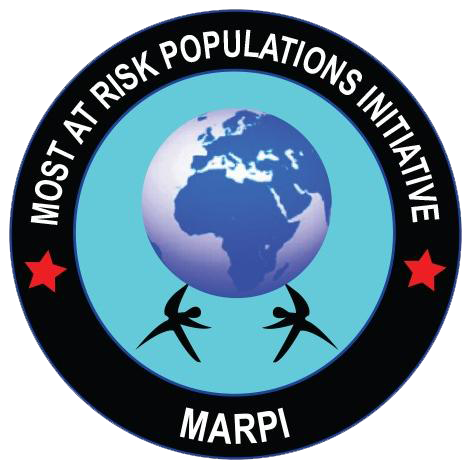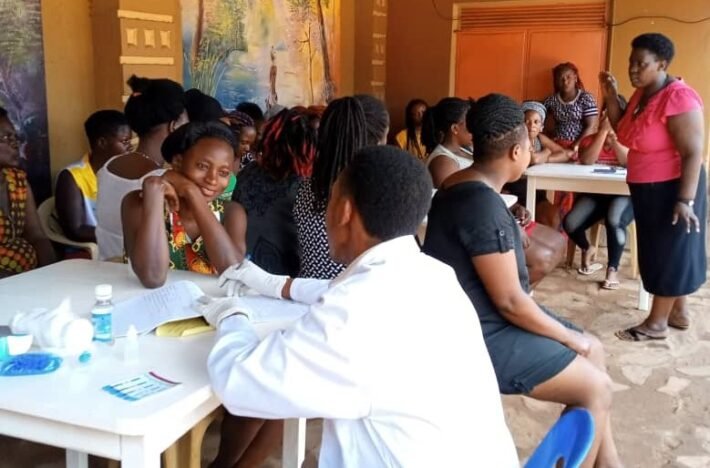
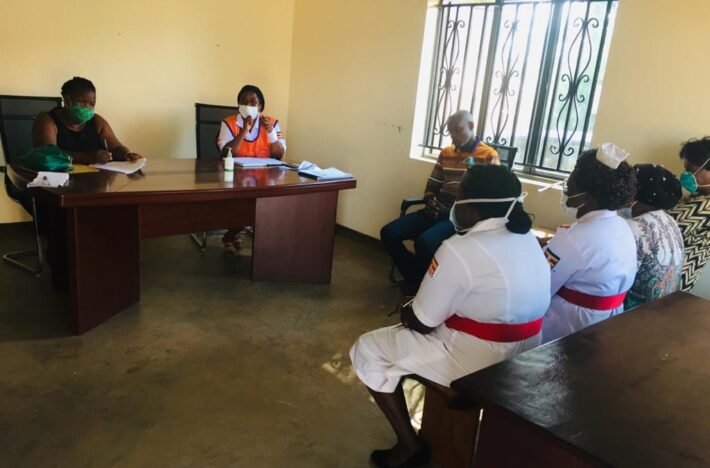
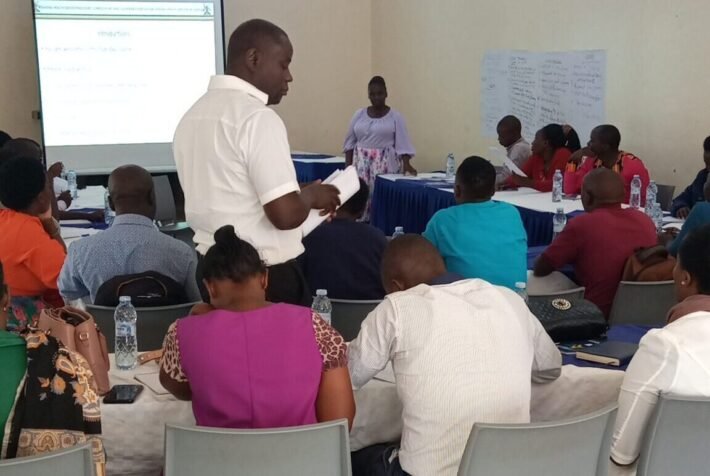
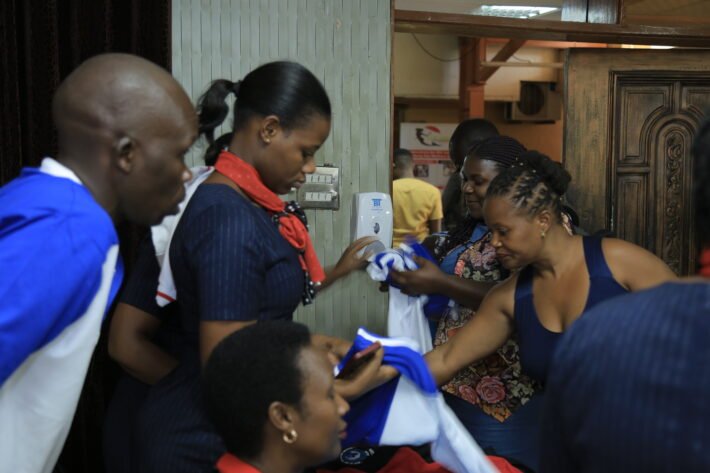
Community Empowerment.
In the context of our strategic plan, community empowerment encompass community involvement and participation in the decisions and actions that affect Most At Risk populations. In health services delivery and management, it enhance acceptability and use by members of the Most At Risk populations community because they can easily identify with the services that are provided. A broader and wider perspective of community is subsumed to consist Most At Risk populations networks, women, young people and adolescents’ groupings, peer support groups (PSGs), community based organizations (CBOs), village health teams (VHTs) and community health volunteers (CHeVs), civil society networks, networks of persons living or affected by the diseases, treatment buddy groups among others as determined from time to time. Same or similar groupings is utilized for economic, social and leadership empowerment.
Key Activities.
- Support formation of Peer support groups.
- Create role models and champions in communities to motivate communities for the uptake of HIV/TB/STI and Sexual Reproductive Services, addressing silence and stigma associated with living with HIV, support roll-out of community based TB-DOTS, improve contact tracing, retention, follow up and TB&ART treatment adherence.
- Build community linkage systems that can facilitate HIV/TB/STI/SRH services uptake referrals, follow up and retention in care and other prevention
programs. - Conduct Community group meetings and education session on SRH rights and legal services and other negative social norms.
- Provide or link to organizations that provide seed grants, cash transfers to young people and other vulnerable populations.
- Orient communities in basic economic principles and skills that can improve their economic engagements and income.
- Build partnerships at community and other level of society including CBOs, youth groupings, networks to for improved synergies, coordination, enhancing impact and minimizing duplication.
- Conduct Life skills building orientations and economic and leadership empowerment trainings for young people.
- Initiate and expand Orphans and vulnerable Children -OVC interventions including strengthening case management to provide evidence based OVC
service packages to prevent incident HIV infections among HIV negative children, maintain viral suppression among HIV positive children and facilitate transitioning, and address their demand, access, knowledge and uptake issues of SRH&R services. - Build capacity and support young people (adolescents, young women and youth), Key and vulnerable population to engage in Income Generating Activities –IGAs.
- Empower young people to contribute towards environment protection including creation of awareness.
